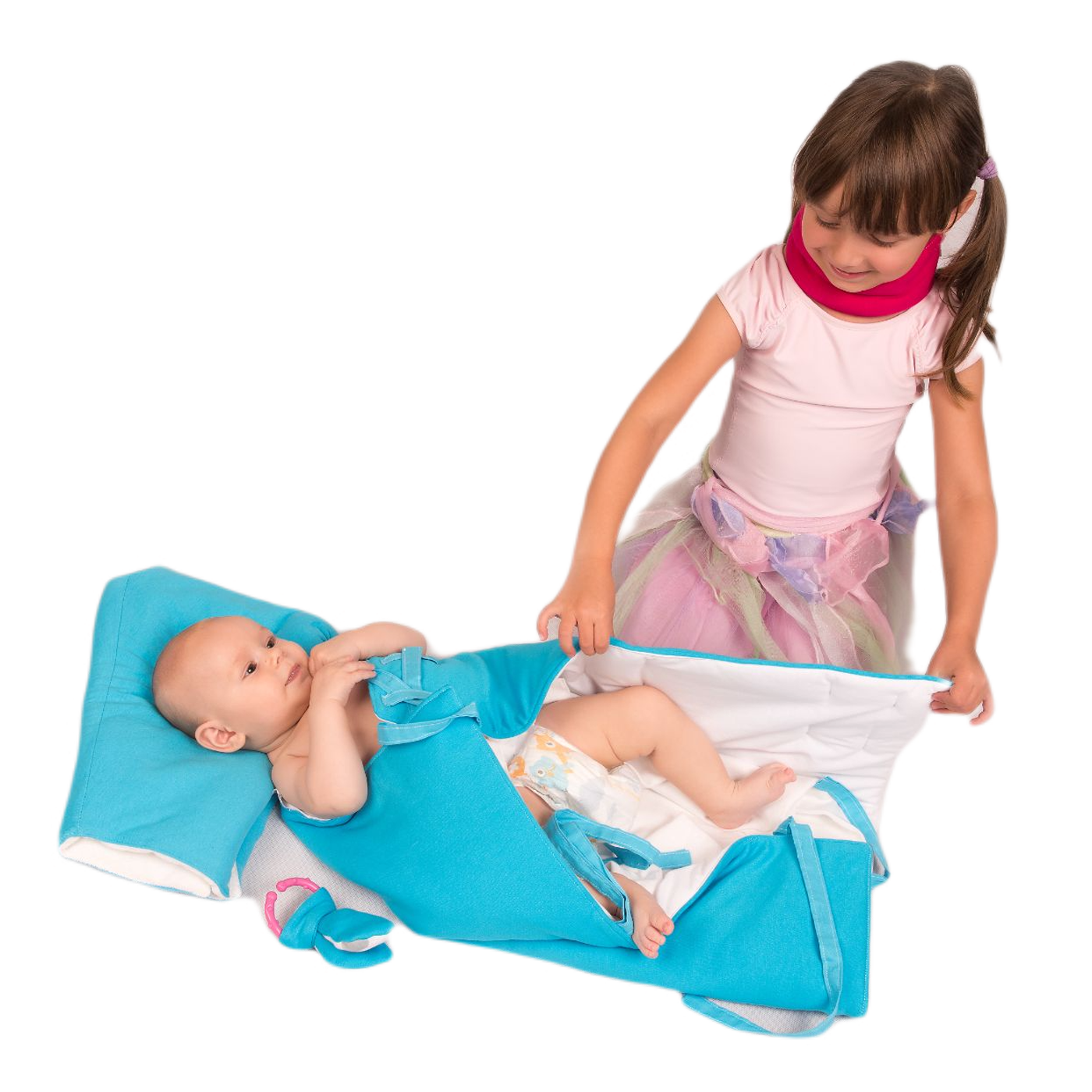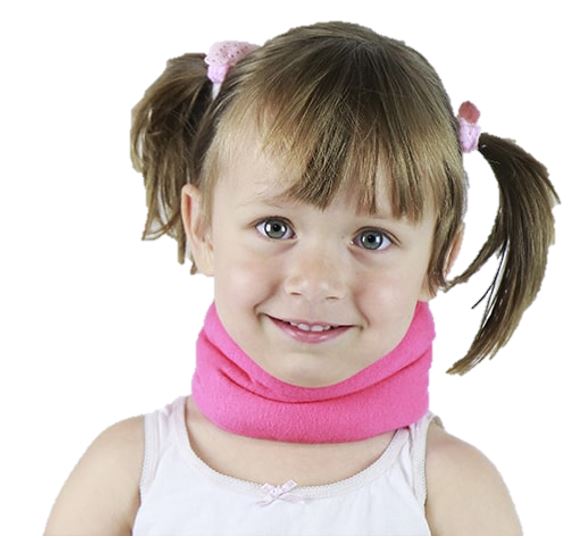Strep throat, flu and colds: the most common troublemakers of our autumn and winter days. But they can also surprise us in summer. Sometimes all you have to do is go out in a T-shirt and you’re done for! But how do you know which one is on you and how to deal with it as quickly and effectively as possible?
It’s important to get to know the symptoms of sore throats, flu and colds – it’ll make it easier to tell the difference and know which medicines to take. Read on for a quick guide.
STREP THROAT
Strep throat is a common condition in children, but that doesn’t mean it can’t happen to adults too. It is an inflammation of the tonsils and can be caused by both bacteria and viruses. The most common cause is bacterial, mainly streptococcus and staphylococcus.
Suddenly you have difficulty swallowing, as if you have a painful lump in your throat when you swallow. You may feel swollen nodes in your throat and you may develop a fever.
Tip: Beware of air conditioning! One of the most common causes of sore throats in the summer is air conditioning and moving from cool areas to hot summer weather.
TREATMENT
An effective natural treatment for sore throats caused by bacteria is a doctor-recommended Priessnitz wrap. You may also need to take antibiotics for at least 10 days, along with medication to control pain and fever.
You can also get relief by sucking throat lozenges or gargling. As for herbs, we recommend sage, which has anti-inflammatory and antibacterial properties.
In addition to the classic acute

Flue
Influenza is the most common infectious disease that spreads very quickly between people because it is transmitted by droplets. Just cough – and that’s it!
Flu, like strep throat, comes on very quickly. But unlike tonsillitis, it is usually caused by viruses. From one day to the next, symptoms erupt, including:
- chills
- fever
- headache
- muscle aches
- malaise
- dry cough
Treatment
Treatment of influenza requires a resting regimen. For you, this means crawling into bed and resting. It is important to drink plenty and possibly take some antivirals to control fever and headache. If you have the flu, we also recommend trying a blanket wrap and a neck wrap.
You may also develop complications such as pneumonia, otitis media or bronchitis. A severe course of flu is typical especially for the elderly, children and the chronically ill.
Tip: An effective prevention against influenza is the influenza vaccination, which is voluntary in the UK and recommended especially for high-risk groups.

Colds
The common cold is a disease that we encounter several times during the year. The weakened organism is attacked by viruses or bacteria and plagues the upper respiratory tract. Unlike the flu, the common cold has a gradual onset and manifests itself:
- coughing and frequent sneezing
- sore throat
- muscle aches
- runny nose
- feelings of tiredness and malaise
Unlike flu and tonsillitis, fevers rarely occur.
Treatment
Various cough medicines and nasal drops are often used in the treatment of colds to relieve a stuffy nose. It is also a good idea to take a break from the daily grind and rest.
Chest wraps and throat wraps might help with a cold .
Seek medical help if the cough persists for a long time – your doctor will check you and rule out flu or other complications and illnesses.
How to prevent these diseases?
Wondering how you can minimise the risk of you or your children developing tonsillitis, flu or colds?
- Boost your immunity
- Wash your hands regularly
- Give your body enough vitamins



